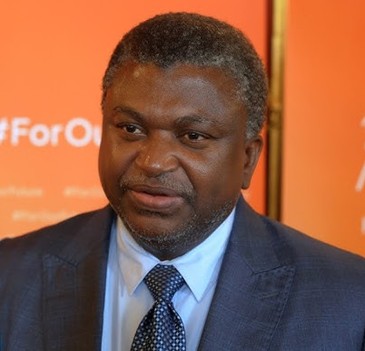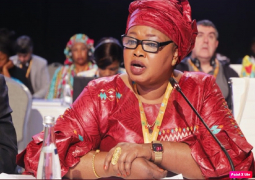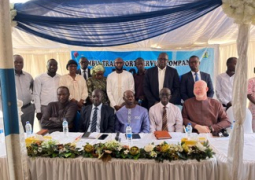
Currently, The Gambia has only about six to seven psychiatrists for its entire population—one of the lowest ratios in the subregion. Yet, Dr. Samateh said the ministry is already partnering with Egypt to build psychiatric capacity and expand mental health care beyond the Greater Banjul Area.
“Mental health affects families, communities, and workplaces,” he said. “It’s time we stop treating it as a side issue and make it part of mainstream health care. Our aim is to bring psychiatric services closer to the people, not just in Banjul.”
The minister also disclosed that the government plans to invest in better equipment, more training, and improved working conditions to attract and retain health professionals including those in mental health.
“We are decentralizing services and providing high-level equipment and accommodation for health workers,” he said. “Many of the new health facilities have staff quarters that are fully furnished and air-conditioned. When people have comfort and career prospects, they are motivated to stay.”
He added that a shortage of specialists has long hampered mental health care, but the ministry’s training partnerships are expected to reverse that trend. “We now have a resident doctor who passed his psychiatry membership exams and has returned to serve,” he noted proudly.
Dr. Samateh also touched on the public’s growing mental strain, pointing to socioeconomic pressures and post-pandemic realities. “We are seeing more cases of stress, depression, and substance-related issues,” he said. “It’s no longer an isolated problem—it’s a national one.”
The minister, who has often faced fierce criticism over the state of health services, reaffirmed that his ministry’s focus is not only on physical infrastructure but also on mental well-being.
“The same energy we are putting into hospitals and maternity wards must also go into mental health,” he emphasised. “Because without mental wellness, our communities cannot truly thrive.”
He concluded by calling on Gambians to show compassion and understanding toward people struggling with mental illness, urging families to seek help rather than hide loved ones in silence.
“Stigma kills faster than disease,” he cautioned. “We must treat people with mental health challenges as patients, not outcasts.”




